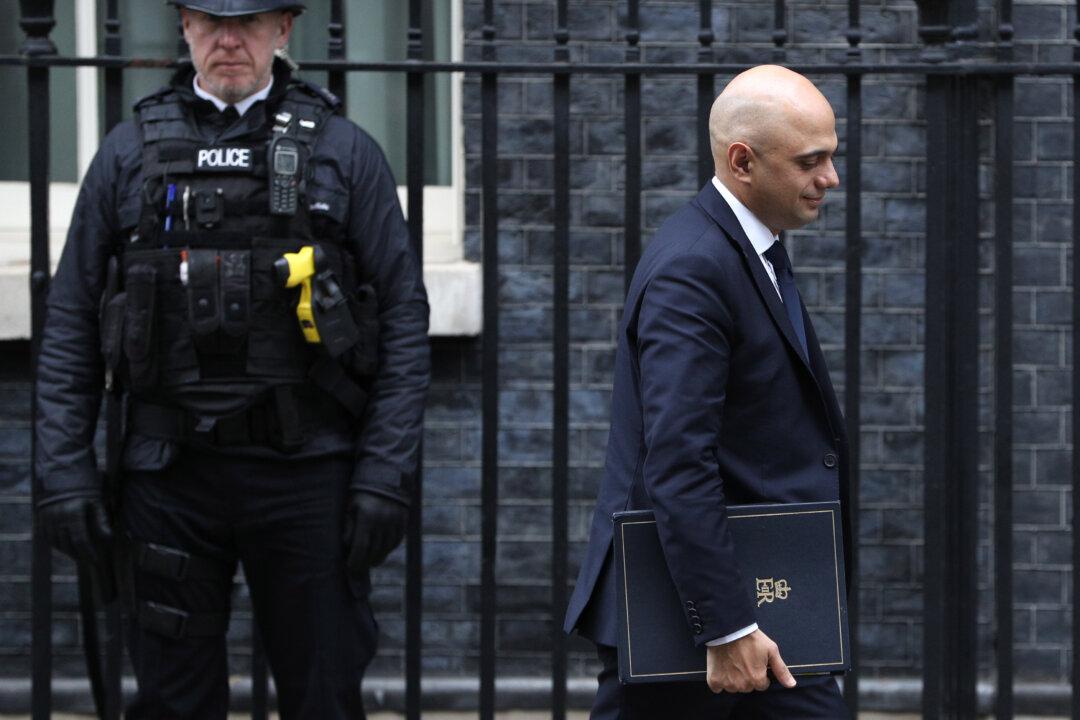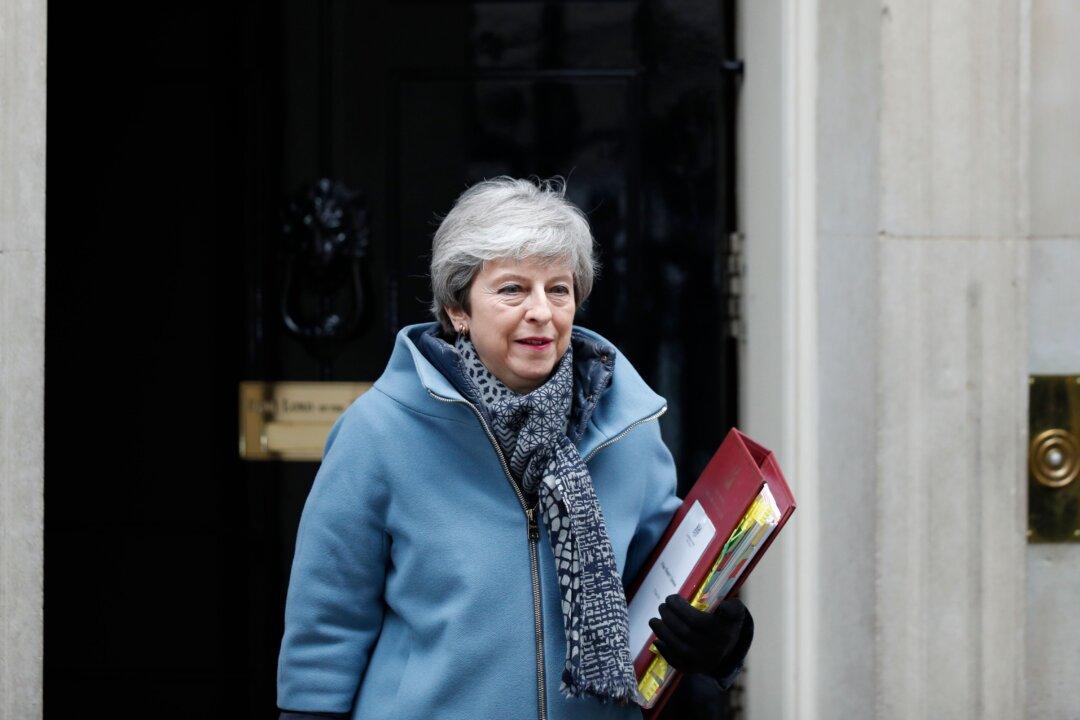LONDON—The British government has proposed new powers that could affect children as young as 12 as police tackle an epidemic of knife crime.
The powers, known as knife crime prevention orders, will limit suspects’ behavior by placing curfews and geographical restrictions on them.




